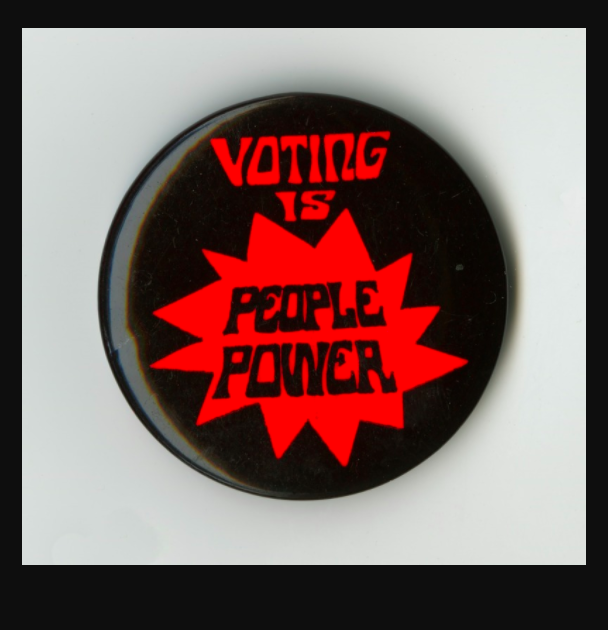We Have the Right to Vote: Latinx Voter Numbers Increase in 2020
As if 2020 hasn’t been chaotic enough, it is also the year we elect our new President of the United States. We face the additional stress of having to cast our vote during a pandemic. One of the only good things to come from 2020 is that, according to NPR.org, for the first time Latinx voters “are projected to be the second-largest voting demographic, trailing only behind non-Hispanic white people.”
What has caused this increase in Latinx voters at the polls? Every 30 seconds, a Latinx person turns 18 and becomes eligible to vote. It is the young Latinx American citizens who have just recently become eligible to vote in the United States who are now a driving force in choosing the next President, if we turn out to vote. According to Tufts University, youth voter turnout in Virginia was 33,700 voters in 2016; there are 223,000 youth voters in 2020 in Virginia.
We need to vote and make our vote count. Here is a recap of the Presidential debates to help you make your final decision to vote on Tuesday, November 3rd.
On the evening of Tuesday, September 29th, Americans across the nation tuned in to watch the first Presidential Debate of 2020 between President Donald Trump and former Vice President Joe Biden. With many Americans still on the fence about who to vote for, this debate discouraged many voters from voting for either candidate. Even CNN host, Jake Tapper, called the debate “horrific”, claiming that “the American people lost”.
Instead of discussing policies and information that could be useful in the decision making process for voters, the candidates traded personal attacks and insults for 90 minutes. The highlights of the “debate” would have to include:
- Former Vice President Joe Biden asking President Trump, “Will you shut up, man?”.
- President Trump bickering with moderator Chris Wallace.
- President Trump attacking Biden’s adult children, one being deceased.
- President Trump telling the Proud Boys, a white supremacist group to “stand back and stand by”.
- President Trump telling Vice President Joe Biden to not use the word “smart” with him.
Amongst other comments, constant interruptions and bickering, it’s safe to say the first presidential debate was the worst ever seen in American history.
The second debate was cancelled by the Commision on Presidential Debates when President Trump declined to do a virtual debate after being diagnosed with COVID-19.
The final debate was broadcast on Friday, October 22nd. Unlike the first debate, the candidates allowed each other to speak uninterrupted. The topic of the first question was COVID. President Trump patted his own back for how he handled the crisis. He claimed to have a vaccine “ready in a few weeks”, and that coronavirus was “going away”. Joe Biden quickly struck back with the fact that 220,000 Americans have died and another 200,000 are expected to die by the end of the year. When asked about schools and businesses, Trump stated citizens were “learning to live” with the disease. Joe Biden fired back, “ People are learning to live with it? People are learning to die with it.”
The debate covered other topics such as immigration and criminal justice. Trump stated he was “the least racist person in the room” and claimed he has done more for Black Americans than any other President, except maybe Abraham Lincoln. Although the final debate was more organized and provided a bit more information on the policies each candidate supported, many Americans believed there was no coming back from the first debate.
Whether or not we exercise the right to vote is our decision. But we do have the RIGHT to vote. It is easy to focus on what is directly happening in our lives right now with the coronavirus and virtual learning taking up so much of energy. We can ignore our right to vote, but then we are leaving our future in the hands of people who don’t know us.
I can not vote in this election. I want to see change in my country. To read what other Latinx voters have to say about this election and their vote read the NPR.org article.



